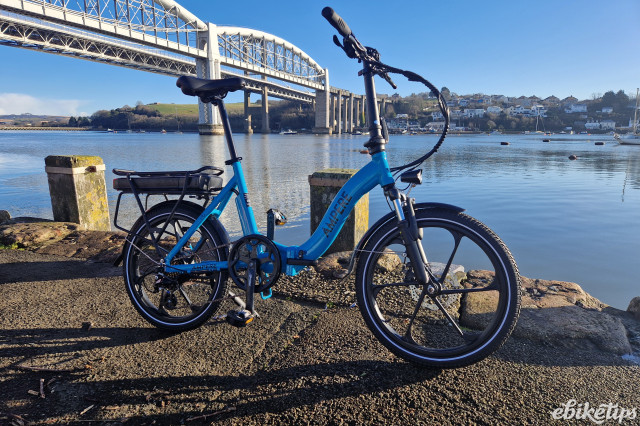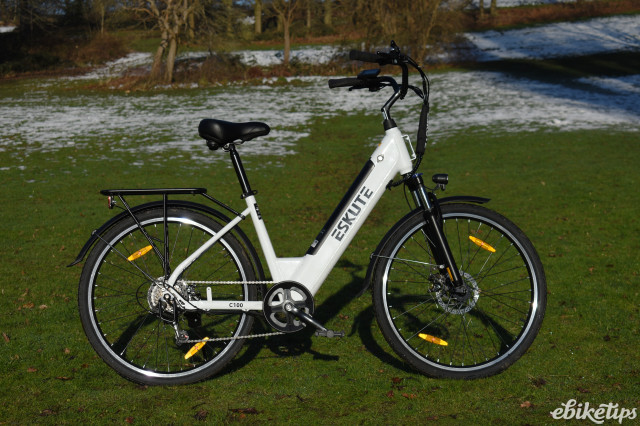Uber has announced an e-bike trade-in scheme aimed at New York delivery riders. The move comes amid growing concerns about unsafe batteries in a city where over 65,000 delivery workers are thought to use electric bikes.
Last month, New York City Council mandated that e-bike, e-scooter and other LEV battery packs be third-party certified.
Partly in response to this, Uber has launched two trade-in schemes, one with e-bike subscription firm Zoomo and another with a non-profit called the Equitable Commute Project. These seek to replace potentially unsafe bikes with UL-certified ones. (UL, formerly known as Underwriters Laboratory, is a US company that certifies the safety of a number of products.)
“Delivery workers should not have to choose between making a living and safety,” Uber’s senior director for public policy, Josh Gold, told CNN.
“By providing discounts and exchange opportunities for new UL-certified e-bikes and certified lithium-ion batteries, the expensive price tag that too often acts as a blocker to safety should no longer have to be a concern.”
As far as we can tell, the exact details of the schemes are still being ironed out, but Zoomo says it will be accepting old e-bikes of any make or model in exchange for credit. Streetsblog has reported that this could be up to $200. Zoomo offers e-bike subscriptions from $49 a month, but also sells refurbished bikes for just a few hundred dollars.
The Equitable Commute Project meanwhile will pilot a similar trade-in scheme with local bike shops where discounts will be available on UL-certified e-bikes.
The delivery industry is increasingly an area of focus for those concerned about e-bike battery safety. Last week London firefighters met Uber Eats and other delivery companies to give them advice in a bid to reduce the growing number of e-bike fires that are happening in the capital.
The ongoing engagement activity is part of London Fire Brigade’s recently launched Charge Safe campaign which aims to help people safely use e-bikes and e-scooters and inform them of dangers relating to charging, storing and modifying the vehicles and their batteries.





